News
Malta: The Jurisdiction Of Choice For Blockchain Businesses?
Reading Time: 5 minutes
The below interview has been conducted by Jo Caruana (MaltaChamber.org.mt) – View original source here.
Dr Joseph F. Borg, an advocate and partner at WH Partners, talks through the history of Blockchain and highlights its potential path for the future.
There is an absolute buzz about cryptocurrencies at the moment, as well as whether to invest in them, or to put them down to a scam. Either way, the business world is fascinated.
One expert on the subject is Dr Joseph F. Borg, an advocate and partner at WH Partners, who heads the Blockchain Advisory and the Gaming and Gambling Advisory sections of the firm. On top of that, he is the Vice-President and Co-Founder of BitMalta, which is a non-profit organisation that promotes and stimulates discussion about Blockchain technology and cryptocurrencies in Malta.
“Let’s begin by explaining what a cryptocurrency actually is,” Dr Borg says. “Essentially, it is a type of convertible virtual currency secured by cryptography that is built on top of the Blockchain – a type of distributed ledger technology which does away with the need for a third-party clearinghouse and central issuer. As a result of their underlying decentralised technology, cryptocurrencies have introduced much-needed competition in the digital payments industry and have the potential to contribute positively to citizens’ welfare and economic development, including in the financial sector. Some of the most popular touted benefits of cryptocurrencies are their ability to lower transaction and operational costs, to promote financial inclusion, to enhance the resilience and speed of payment systems, and to increase users’ security and privacy, among others.”
Nevertheless, the idea presented by cryptocurrencies – the first of which was Bitcoin – was not in fact new. A number of similar virtual currency systems including e-Cash, Bit Gold and RPOW, were introduced in the 1990s.
“The true innovation of cryptocurrencies following the ‘Bitcoin model’ is their innovative approach to addressing the ‘double spending problem’,” Dr Borg continues. “This refers to the inherent difficulty of sending money or anything valuable over the internet since a digital asset essentially comprises a digital file that can be duplicated or falsified.”
Pre-Bitcoin, existing virtual currency systems required the use of an intermediary or clearinghouse to manage and verify the transaction (and ensure that the same money was not spent twice). The Blockchain, which underlies cryptocurrencies, does away with the need for such an intermediary by keeping a record of every transaction on a time-stamped database that is dispersed among the different users of the network. “Blockchain’s solution to the ‘double spending problem’ has been described as its ‘revolutionary promise’ and the hype factor surrounding the technology has now led multiple companies to unveil a multitude of Blockchain initiatives,” the advocate continues.
“The hype is really about Blockchain and not cryptocurrencies per se. Cryptocurrencies are really the very first application of Blockchain technology, and which have the potential to disrupt the payments industry, once they have achieved the level of mainstream use.”
On the other hand, Blockchain has more widespread potential applications, in myriad industries, including but not limited to the spheres of finance, healthcare, energy and entertainment. “The buzz surrounding Blockchain technologies continues to grow, and this is most evidently illustrated by the rapid increase in the creation of not only new cryptocurrencies (the so-called ‘altcoins’), but also by the creation of self-executing digital contracts (smart contracts), intelligent assets which may be controlled over the Internet (smart property), and decentralised autonomous organisations (DAOs) which can operate over a network of computers without human intervention, among many other applications,” Dr Borg says.
Locally, Government approved its National Blockchain Strategy in April 2017 and, just a few months later, launched a Blockchain Taskforce with a view to establish the Maltese legal system as the leading international hub for digital technology innovation.
“Currently, the only concrete step undertaken by Government towards achieving a comprehensive regulatory framework for operators wishing to provide services incorporating Blockchain technology is the Supplementary Rules for Collective Investment Schemes Investing in Virtual Currencies, issued by the local financial regulator, the Malta Financial Services Authority (MFSA),” Dr Borg says.
Following on from this, a consultation document was published on 16th February 2018 proposing three legislative instruments: the Malta Digital Innovation Authority (MDIA) Bill, the Technology Arrangements (TAs) Bill and the Virtual Currency (VC) Bill. The MDIA Act is envisaged to provide for the establishment of a national regulatory body that will oversee the voluntary certification of TAs such as smart contracts and cryptocurrency platforms, and the registration of Technology Service Providers (TSPs) including the auditors and administrators of TAs. The MDIA will be responsible, inter alia, for the protection of users and consumers which interface or use DLT, the harmonisation of practices and the adoption of standards in the Maltese sector, and the promotion of legal certainty in the application of laws to DLT businesses, in both a national and a cross-border context.
“Mindful that the disruptive nature of Blockchain technology renders it apt to have spill-over effects in an array of sectors, the MDIA Act is proposed to prescribe a Joint Coordination Board with the responsibility of fostering effective cooperation between National Competent Authorities like the MFSA and the Malta Gaming Authority (MGA),” Dr Borg continues. “The consultation document also proposes a VC Act which will largely follow the principles laid down in the MFSA’s discussion paper on ICOs, virtual currencies and related service providers. It is projected that the VC Act will provide for a Financial Instruments Test which will determine whether a particular cryptocurrency, within the context of an ICO or on a stand-alone basis, constitutes a ‘financial instrument’ which must comply with applicable local and EU investment services legislation.
“With this in mind, Government evidently looks favourably upon Blockchain-based businesses and is actively seeking to create a workable regulatory framework to further promote this nascent industry and to become a pioneer in regulating DLT and Blockchain technology. While other jurisdictions have chosen to regulate Blockchain-related operations in a piecemeal fashion, focusing only on the areas that the respective governments/states consider to be of importance (such as issues of taxation or money laundering), the Maltese Government is considering a holistic, all-encompassing regulatory approach to creating the most attractive environment for Blockchain start-ups to choose Malta as their base. Evidently, the recent announcement by cryptocurrency exchange Binance (the largest cryptocurrency in the world in terms of volume) is proof that Malta is indeed becoming a melting pot for Blockchain businesses, start-ups and industry giants alike.”
Finally, Dr Borg assesses the main challenges that lie ahead of making Malta the jurisdiction of choice for companies engaged in Blockchain technology and cryptocurrencies.
“While the debate surrounding the possibility for centralised rules to regulate decentralised technologies remains unsettled, there seems to be consensus by the stakeholders and market players of the Blockchain and cryptocurrency industry that some form of regulation (especially in the form of guidance) is important,” he says.
“The greatest challenge to make Malta the jurisdiction of choice for Blockchain-based businesses therefore rests in any proposed regulatory framework not falling prey to over-regulation. The test for local policymakers and regulators will be the development of a regulatory system which addresses the primary policy concerns of Blockchain technologies (such as money laundering and illicit activities), without smothering the benefits which the new technology and its various applications are poised to provide to legitimate users, including companies.”
Source: MaltaChamber.org.mt

News
THE EVOLUTION OF GAMBLING IN SWITZERLAND – FROM PROHIBITION TO A DIGITAL BOOM

Switzerland, renowned for its picturesque landscapes, exquisite chocolates, and financial prowess, is also home to a turbulent gambling landscape that has undergone significant changes throughout its history. Once considered immoral and prohibited on religious and social grounds, gambling in Switzerland is now steadily embracing change and adapting to modern times.
THE HISTORY OF SWISS BETTING
Over the centuries, the Swiss have dabbled in various forms of betting. The first Swiss casino opened in the 19th century, quickly establishing itself as a vital social and cultural hub. However, this golden era was short-lived, as just a month after the opulent Interlaken Casino’s debut in 1859, the Cantonal Government imposed a blanket ban on all forms of gambling.
Despite this prohibition, the Swiss ingeniously continued their gambling activities by wagering on a game known as “petits-chevaux”, involving miniature metal horses racing on a small circular track.
It wasn’t until the early 1990s that Switzerland began to slightly relax its gambling prohibitions, signaling a shift away from the long-standing moral stigma attached to gambling. Nonetheless, even with new legislation in place, the ban wasn’t fully overturned, allowing only limited-stakes casino gambling.
THE CURRENT SITUATION
As time progressed, the digital age brought forth online forms of betting, including sports betting, which led Swiss punters to spend substantial amounts abroad.
Motivated by both economic considerations and the rising number of gambling addicts, Swiss politicians decided it was time to modernize their outdated gambling regulations.
In January 2019, the Swiss government introduced a new Gaming Act that legalized online betting for the first time while blocking all foreign operators. The primary goals of the new gambling law were to enhance protection against gambling addiction and ensure a portion of gambling revenue was allocated for public welfare, all while adapting to the challenges of the digital era.
Consequently, Switzerland now boasts one of Europe’s strictest gambling regulatory frameworks, allowing only two public operators, Swisslos and Loterie Romande, to provide sports betting services. Similarly, online casino services are exclusively offered by licensed brick-and-mortar casinos.
To date, nearly 400 domains have been added to the official list of blacklisted sports betting operators, and Swiss telecommunication service providers automatically block these domains using DNS blocks.
While domain blocking is a deterrent measure, it has its limitations. Technologically adept punters can easily bypass these blocks using VPN clients. At the same time, blacklisted operators persistently seek ways to provide their services to Swiss customers, often resorting to frequent domain name changes.
With the surge of unregulated online betting in Switzerland, the need for reliable resources such as BookiesBonuses, which help Swiss punters navigate the complex betting landscape and discover the best betting options has never been more critical.
THE FUTURE OF GAMBLING IN SWITZERLAND
Switzerland’s gambling future remains uncertain due to stringent regulations that raise questions about their effectiveness and the pressing need for regulatory reforms that balance player protection with fostering a competitive and vibrant betting landscape.
While the intent behind these measures is to safeguard citizens, they have inadvertently limited options for Swiss punters. Consequently, a growing number of individuals have turned to international bookmakers known for providing a broader range of betting options, more competitive odds, and attractive bonuses.
In this ever-evolving industry, staying well informed about the latest developments, regulations, and the most reputable offshore bookmakers is crucial for those seeking the best sports betting experience. This knowledge empowers bettors to navigate the shifting Swiss betting scene and make well-informed decisions.
gaming
Disparities in Brazilian Gambling Market Expose Socioeconomic Inequities
The Brazilian gambling market is a dynamic and ever-growing industry that attracts individuals from various socioeconomic backgrounds.
However, a closer analysis of the market by ENV Media reveals significant disparities, highlighting how certain segments of society are overrepresented while others are underrepresented. This article examines the distribution of active real money gamblers across different household brackets in Brazil and sheds light on the underlying socioeconomic inequities that contribute to this phenomenon.
The Overrepresentation of A-Level Households
Comprising only 2.9% of Brazilian households, A-Level households surprisingly make up 12% of the Brazilian gambling market. This overrepresentation raises questions about the factors driving individuals from these households to engage in gambling activities more frequently compared to their counterparts in other socioeconomic groups.
It suggests that A-level households may have a higher disposable income or a greater inclination towards risk-taking behaviour, making them more prone to participating in gambling activities.
B1-B2 Households are Overrepresented yet Underrepresented
While B1-B2 households constitute 21.8% of the Brazilian population, they make up a striking 40% of active real money gamblers in the country. This disparity indicates that individuals from B1-B2 households are significantly overrepresented in the gambling market compared to their representation in the general population. It implies that this particular socioeconomic group might have easier access to gambling opportunities or possess higher discretionary income, allowing them to participate more actively in the industry.
C1-C2 Households Have Near Representation
In contrast to the overrepresentation of A-level and B1-B2 households, C1-C2 households demonstrate a nearly proportionate presence in the Brazilian gambling market. Comprising 47.4% of the Brazilian population, they account for 48% of active real money gamblers. This alignment between the population distribution and the gambling market participation suggests that individuals from C1-C2 households are engaging in gambling activities in line with their demographic representation.
Socioeconomic Factors at Play
The observed disparities in the Brazilian gambling market can be attributed to several underlying socioeconomic factors. A-level households, characterized by their higher income and potentially greater disposable wealth, may find gambling more accessible due to their financial resources. B1-B2 households, although overrepresented, may face financial constraints that prevent them from participating more actively. However, their higher representation could indicate the allure of gambling as a potential means to improve their economic situation.
The overrepresentation of certain socioeconomic groups in the Brazilian gambling market underscores existing inequalities within the country. It highlights disparities in income distribution, access to disposable income, and opportunities for upward mobility. Such imbalances can perpetuate a cycle of socioeconomic disadvantage, as individuals from lower socioeconomic backgrounds may be lured into gambling as a means to attain financial stability or escape their circumstances, further exacerbating their vulnerability.7JP
Addressing Socioeconomic Inequities
To address the disparities in the Brazilian gambling market and reduce socioeconomic inequities, a multifaceted approach is needed. Firstly, initiatives should focus on enhancing financial literacy and providing support to individuals from lower socioeconomic backgrounds, equipping them with the knowledge and tools to make informed decisions about gambling.
One aspect that ENV Media has been working hard on pushing through its new casino brand, 7JP.com, is to focus heavily on responsible gambling practices. According to ENV Media’s COO, Shane Hand, it’s of vital importance that any and all brands that enter the Brazilian market have this front of mind.
“Previously, we have worked extensively in the Indian gambling market and one thing that become very clear is that it is of utmost importance to safeguard players, especially those who fall into the lower wage earning brackets. These individuals are the most vulnerable to developing unsustainable gambling habits. It’s extremely important that brands considering entering the Brazilain market focus on promoting awareness campaigns and implementing stringent regulations to protect such people”
Conclusion
The overrepresentation of A-level and B1-B2 households in the Brazilian gambling market, coupled with the near-representation of C1-C2 households, sheds light on the socioeconomic inequities that persist within the country.
While A-level households and B1-B2 households are overrepresented, this indicates that certain socioeconomic factors, such as income and accessibility, play a role in shaping gambling behaviours.
Recognizing and addressing these disparities is crucial to fostering a more equitable society and ensuring that gambling remains a form of entertainment rather than a path to socioeconomic distress for vulnerable individuals.
News
RacingTV joins forces with 2mee

Affiliate powerhouse is allowing its operators to leverage the power of direct human messaging with trial campaigns hitting engagement rates of 38%
2mee, the Direct Human Messaging platform that helps online gambling companies take player communication and engagement to the next level, has joined forces with RacingTV so that the affiliate powerhouse can offer its technology to operators.
This means that online sportsbook brands working with RacingTV can create human hologram messages and use them to drive bettors to their sites.
RacingTV partners Bet Victor and SkyBet have been trialling the technology for several weeks now and across various campaigns have been able to achieve unrivalled rates of engagement and conversion.
One messaging campaign has performed particularly well with Bet Victor ambassador Harry Redknapp delivering a new player bonus offer which hit an engagement rate of 38% with his hologram message.
2mee’s patented technology allows gambling operators and affiliates to send Human Hologram Messages directly to customers in a way that demands their absolute attention.
It has been deployed by big-name brands such as BetFred and Sportsbet.io on their own websites and apps to leverage the power of emotional intelligence to boost acquisition and retention, and deliver KYC and compliance messaging with empathy.
Now operators can maximise their ambassadors and brand reach on third-party affiliate collateral as well.
2mee has been designed to do everything a volumetric studio can do but from a mobile phone. The user simply records the person delivering the message from any setting then 2mee recognises the face and cuts out the surrounding clutter, focusing the viewer on the person and the message.
James Riley, CEO of 2mee, said: “We are thrilled to be working with the innovative team at RacingTV and for its operator partners to be able to use our technology to send direct human messages to bettors. This really does allow them to stand out from the crowd and take engagement and conversion to the next level.
“Emotional marketing is absolutely the most effective way to engage and communicate with consumers and what better way of fostering this connection than via a face-to-face message. 2mee allows operators and affiliates to do just that.”
Clive Cottrell at RacingTV, added: “Quite frankly, we haven’t seen engagement and conversion rates like it. While running hologram campaigns, both BetVictor and SkyBet were our top-performing brands on the pages where the hologram messages were active.
“As an affiliate, this not only allows us to acquire increased volumes of new customers to our operator partners, but we too benefit from enhanced engagement, conversion rates and affiliate revenue streams.”
Luke Zgaga, Head of Acquisition UK at Bet Victor, said: “2mee’s value proposition through offering a unique human hologram message to prospects was exciting for us to test and exceeded our expectations. We saw strong results and far beyond the engagement levels we get with static image formats and look forward to working with them in the future.”
-

 Latest News2 months ago
Latest News2 months agoFairplay Exchange signs as new sponsor of Stephen Hendry’s Cue Tips
-

 Latest News2 months ago
Latest News2 months ago2 PEOPLE CAUGHT OPERATING ILLEGAL ONLINE GAMING SITE
-

 Latest News3 months ago
Latest News3 months agoWazdan partners with 711.nl for significant expansion in the Netherlands
-

 Latest News3 months ago
Latest News3 months agoPlaytech Extends Partnership with BoyleSports Until 2028
-

 Latest News3 months ago
Latest News3 months agoOneCasino Partners with Delasport to Also Conquer Sports Betting in the Netherlands
-

 Latest News2 months ago
Latest News2 months agoStarGames Named Premium Partner of the International ADAC Truck Grand Prix 2024
-
Latest News2 months ago
Casino Crypto Giant Bitline Partners with Ciphertrace for Enhanced Compliance in Digital Asset Transactions
-

 Latest News2 months ago
Latest News2 months agoEuropean Gaming Q1 2024 Meetup: Exploring Innovation, Marketing, and the iGaming Industry Hubs











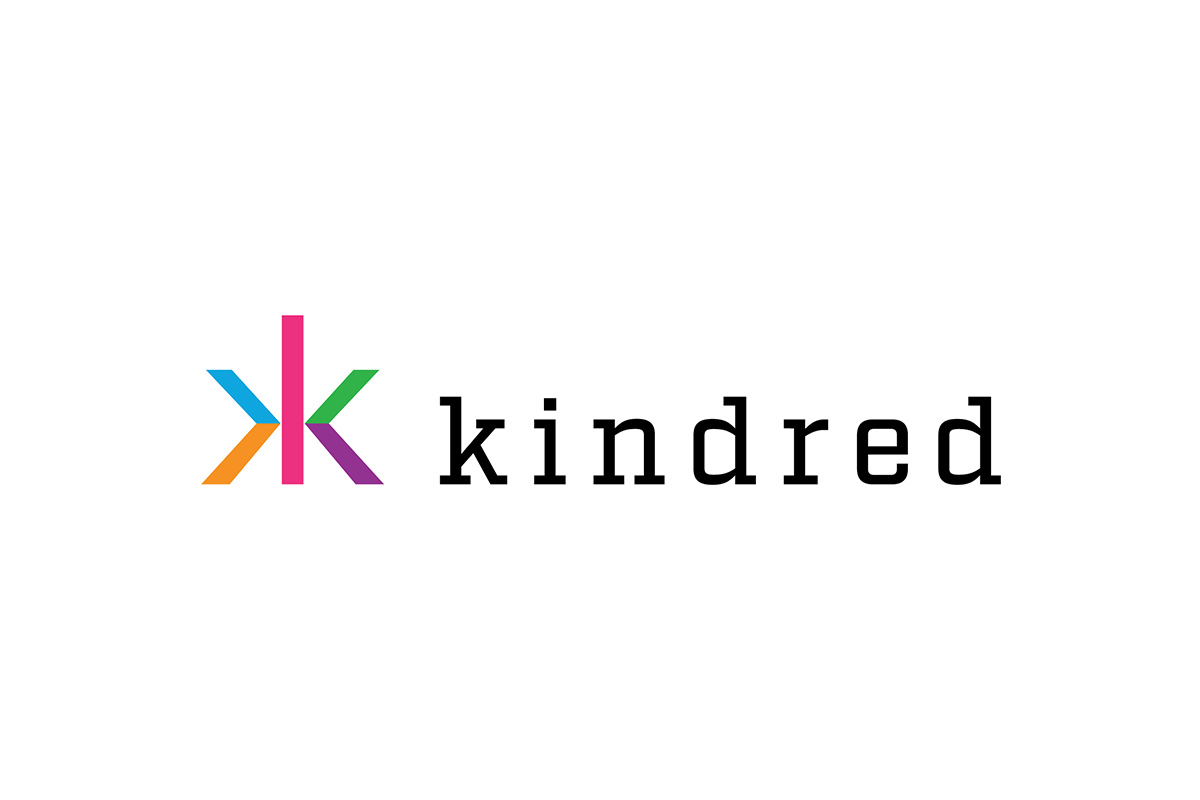



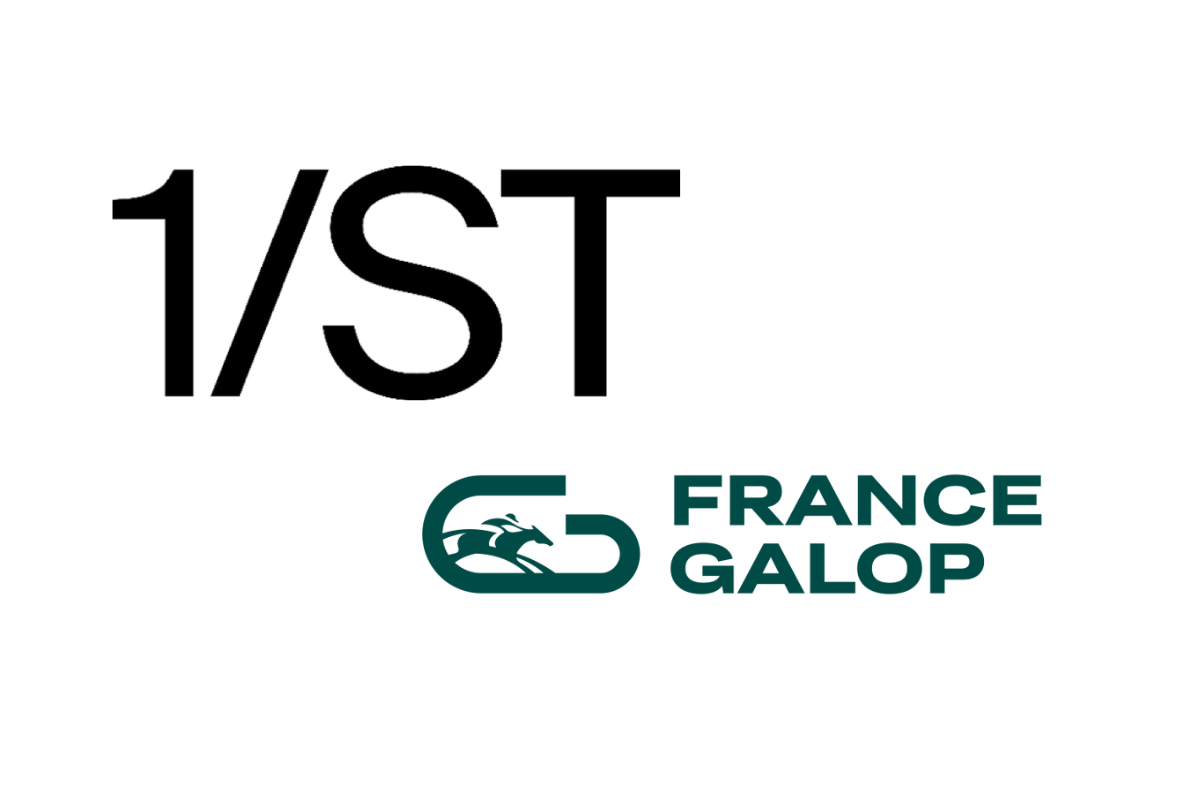
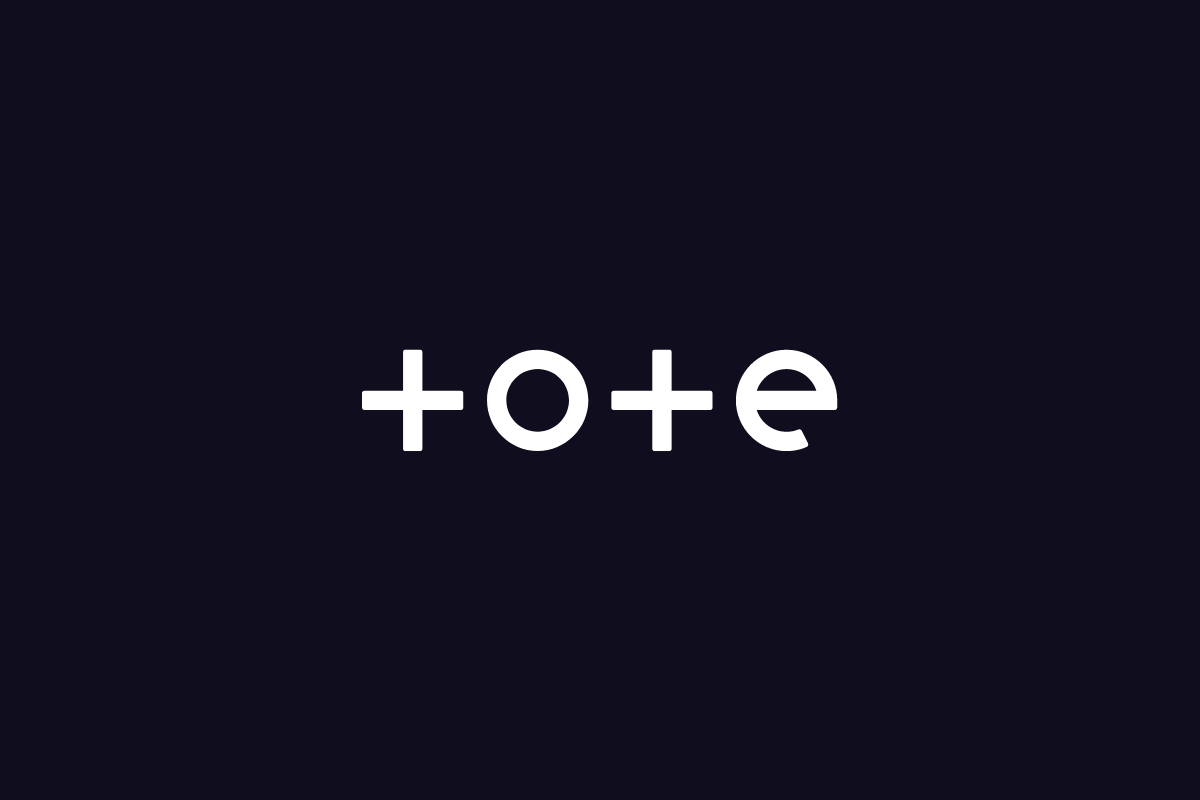





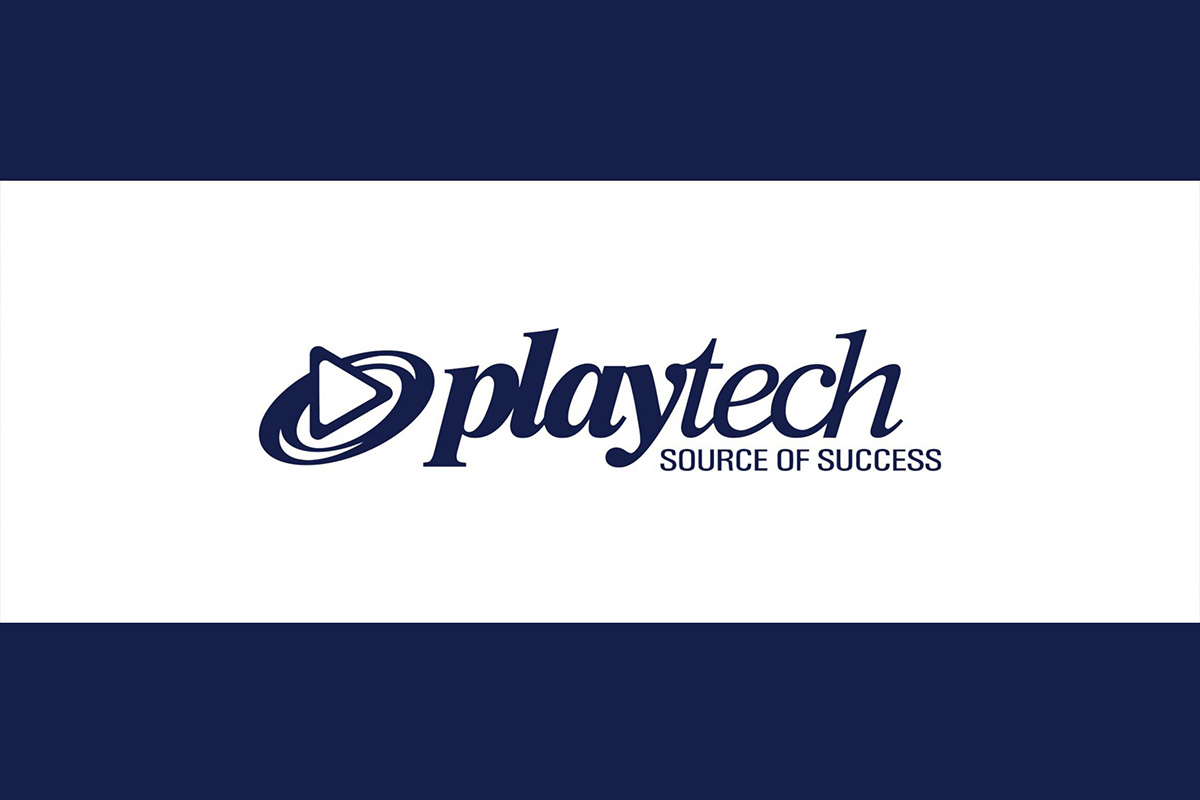


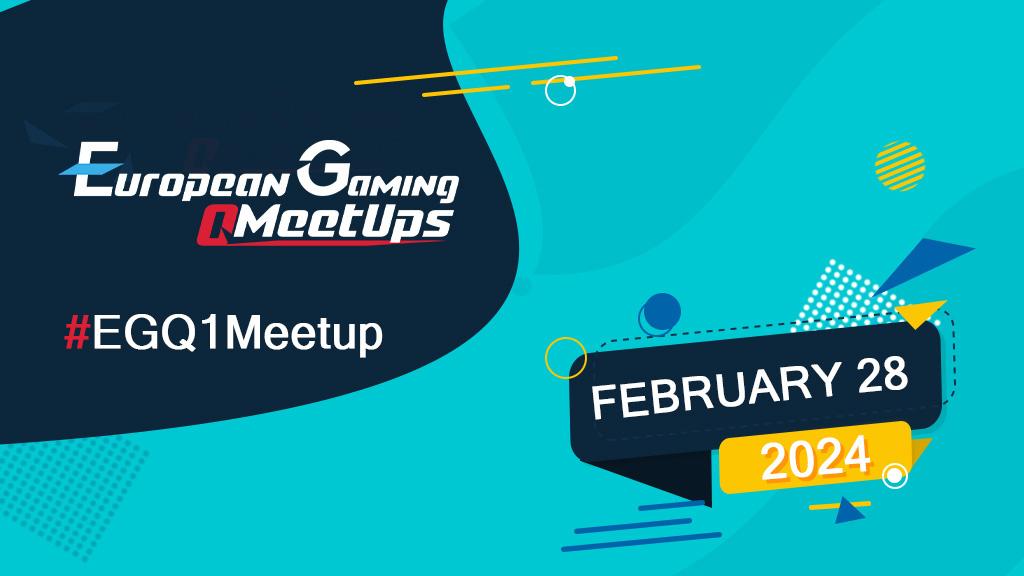
You must be logged in to post a comment Login